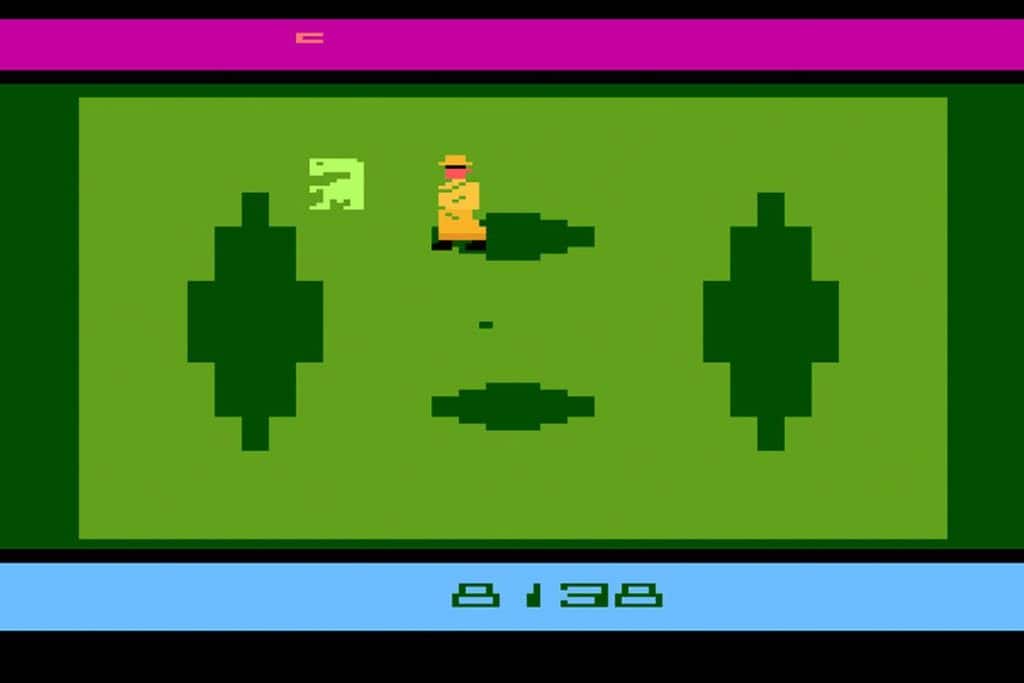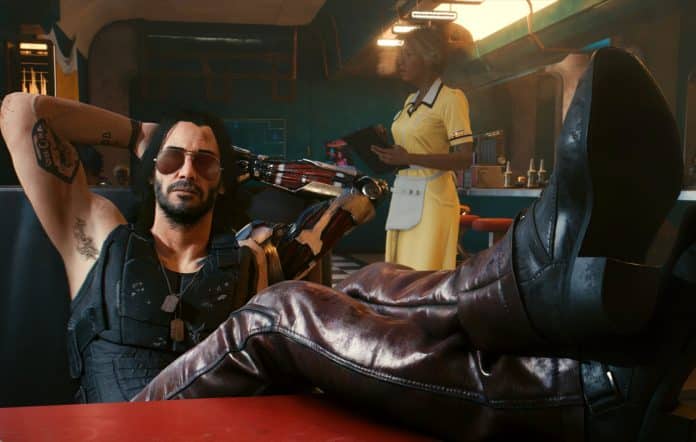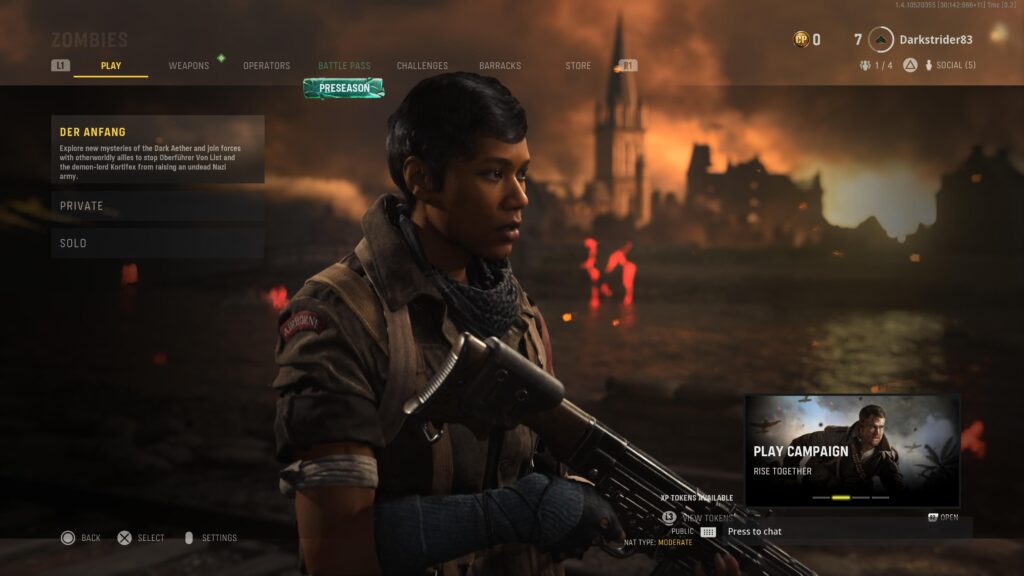Is the gaming industry really doomed for another crash? In 1982, Atari released the now infamous E.T. The Extra Terrestrial. Avid gamers know what a debacle it was. For those who didn’t know, Atari was once a big name in the industry. But due to the bold yet unsubstantiated business move of releasing E.T. with less than two months of development time and banking on the commercial success of the film, Atari disregarded the strict timeline and quality was thrown out. This resulted to a major issue on the game itself that nearly destroyed the entire gaming industry before it even gets a good market. Now with the advent and widespread use of the internet, the catastrophe it has caused might not be that widespread anymore. However, in the age of when the word of mouth is the only way for news to spread, you got a major disaster coming.
But E.T. The Extra Terrestrial shouldn’t be blamed entirely for this gaming industry crash. Prior to this, the market is saturated with what today would be considered as shovelware or games that are thrown out just for a quick buck. Games that do not meet any quality standards or games with less and less development time given. Games that are still charged full price that results to customers feeling burned by this deal. All of these culminated to the tipping point that is ET. It was only that when Nintendo stepped in and saved the entire gaming industry from a total and utter collapse.

Now, what does this have to do with today’s gaming debacle? Rampant issues with buggy and under developed games to the likes of Cyberpunk 2077. Yearly releases of Call of Duty Franchise with bland to disappointing content, EA’s loot boxes and money grabbing practices, the disaster of Rockstar’s GTA Trilogy Definitive Edition. If I were to list every issue made by other companies and their respective franchise, it would probably end when the crash hits. What this means is that game development is dipping in quality yearly. Sure, one could argue that there were several hits from both mainline development and indie devs but would this be enough?
Delving deeper to this issue, what we are experiencing boils down to not only the buggy release of games, but also a tired mix of remasters and reimagines of classical titles that while on paper is good, and I won’t lie I purchased these myself from time to time, looking to this practice it can show two depressing things about the industry: 1) They bank on nostalgia for a quick buck and aside from minor tweaks and graphics update would be enough to satisfy us. 2) As for their ideas, it would be this or releasing sequels after sequels not risking it for innovation not risking it to try another move to release a game that while it is innovative could flop.
Another issue I can discuss that relates to the previous item are yearly releases that are basically the same as the previous year’s title. Games with only minor tweaks and different graphics or story. But the evidence is there. We could point out the obvious in the likes of yearly releases of sports games and Call of Duty Franchise which is expected to have a yearly release. It is somewhat an evidence of companies both seeking a cash cow to milk us of cash for a quick turnaround and a sign of being too afraid to innovate in the industry.

Last major issue I want to talk about is the rampant use of loot boxes. While as of this time of writing the loot box I see is halfway down to both purely cosmetics or game-changing items. But at it’s peak, loot boxes were dominated more in the latter. And if you’d assume that you can buy those items directly, majority would be locked in another devious scheme, the Random Number Generated mechanics or RNG. RNG would make item drops purely luck based, good luck save scumming from that. Thus, culminates a slew of trouble with today’s industry.
But can we solely blame the devs and their company for this issue? Of course not. We gamers also have a part in this, a major one in fact. One of the issues is that we keep on buying microtransactions from time to time and even all the time. I won’t be a holier than thou here and say I didn’t buy one. But the point is one of the issues arising from the rampant greediness of the industry stems from us seeking an edge over the others. Thus, if we want a game free of microtransaction, let’s refrain or limit such purchases.
Another thing that we gamers only have ourselves to blame is the unsatisfactory take on any titles released. Be it a new title or another sequel. Now, I know what you’re saying, but it is our right to have a say on this matter. And you are absolutely right on that. What I mean is that we complain on the most minute of details.

Case in point, let us take Monster Hunter World. Fans of the series and so called “veterans” are annoyed by the ease of hunting. Saying such features like scout flies or the clutch claw takes the essence of the hunt away. But take it to another game, and a majority of them would also complain that this game keeps releasing this title with little to no difference. This is the case of damn if you do, damn if you don’t. What does that mean? Regardless of what the dev team does, we’ll find a way to act like kids and complain even if it isn’t warranted. We both want to have a different experience from the previous title, yet that title should remain the same as the previous. Do you see what is wrong with that?
Lastly, we complain about a game being a broken mess on release yet wants that game to be release immediately. Can you see the issue? Sure the likes of Cyberpunk 2077 has no excuse for this. But when a game is announced to be released on this date yet it has been delayed one or two times due to issues arising from the development, we oftentimes act like it is as easy as writing an essay. We have to bear in mind that game development takes time even if it is just a rehash of last year’s title. More so for a new one hitting the market. And thus, if we want a smooth experience overall, let’s give the dev team a bit of a leeway.
With all these issues from both the dev side and ours. Is there a way to save our passion? Of course we as a gamer and consumer has a major role in this. We can always vote for the practice we want to keep or remove with our wallets. Let us be smart when choosing the title that is released and be mindful on what is being released. Because if the big gaming industry crash were to happen, there might not be another Nintendo to “Nintendo” what they did the last gaming industry crash.
